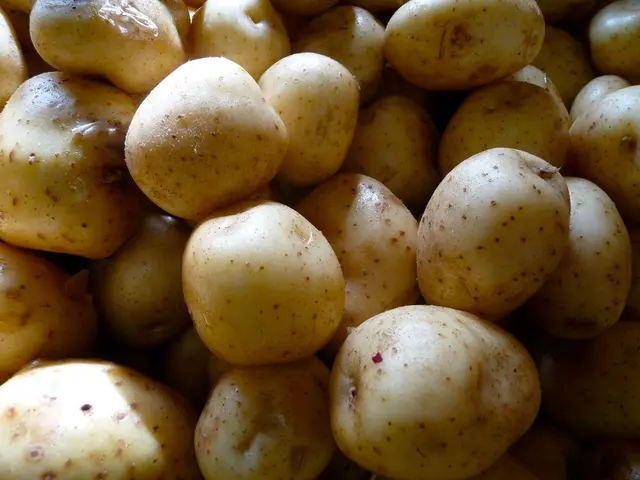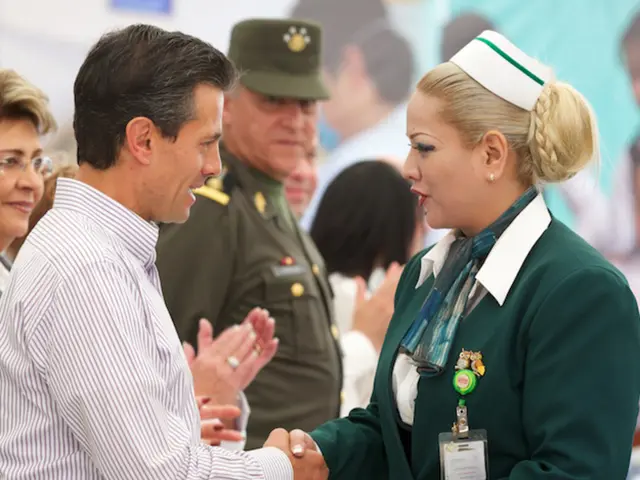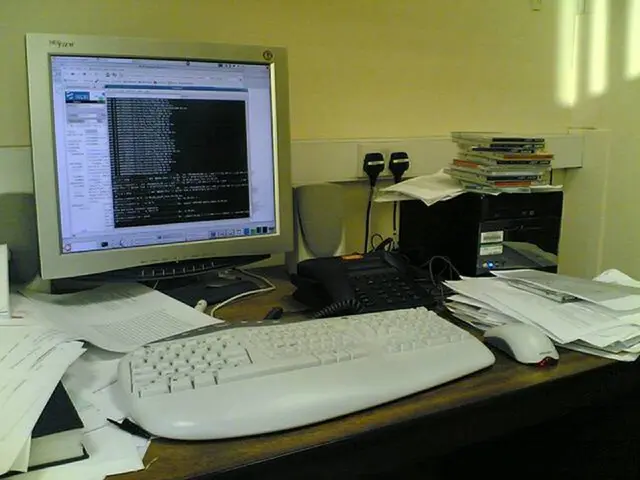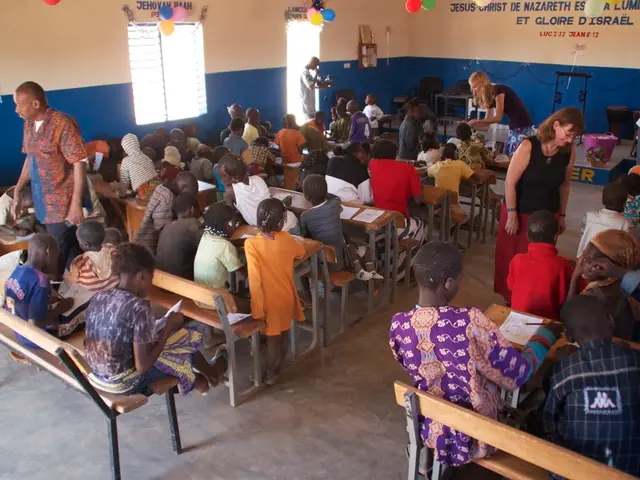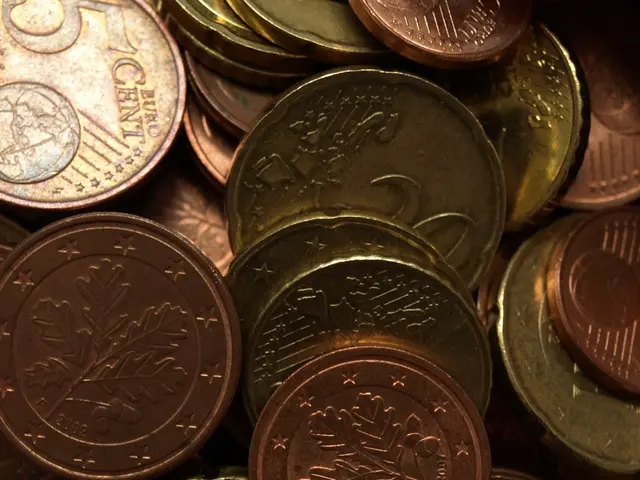Preparing for Plastic-Free Month in July
Plastic Free July, a global movement that began as a simple office challenge in Western Australia in 2011, has grown into an international environmental movement with millions of participants worldwide[1][3]. This annual campaign, held every July, encourages individuals, families, and communities to reduce their use of single-use plastics and adopt more sustainable alternatives[2].
The aim of Plastic Free July is to challenge participants to refuse items like plastic bags, cups, water bottles, and plastic packaging, promoting reusable alternatives instead[2]. By doing so, the campaign aims to influence broader change by urging communities, businesses, and governments to adopt long-lasting solutions such as banning problematic single-use plastics[2].
Last year, an estimated 326 million people from 177 countries participated in Plastic Free July[5]. The movement has gained significant traction, with participants contributing to cleaner streets, oceans, and communities while raising awareness about plastic pollution and its environmental impacts[4][5].
Participating in Plastic Free July is simple and flexible. You can take it as an individual challenge, join with family or friends, follow on Instagram, sign up on the Plastic Free July website, or look for local events[6]. The campaign encourages participants to focus on areas where changes are needed and to go at their own pace[6].
In the bathroom, for example, participants might explore alternatives to plastic toothbrushes, shampoo, and deodorant[7]. In the kitchen, participants can look for ways to cut down on plastic waste in food storage and dish cleaning[8]. The laundry room is another area where plastic can be found, particularly in laundry detergent tubs and microplastics in clothes[9].
One area where plastic waste is particularly significant is in sanitary products. A woman uses an average of 11,000 pads in her lifetime, resulting in a significant amount of plastic waste[10]. In response, participants might try alternatives like cotton reusable pads, which have been found to be a popular and eco-friendly alternative[10].
The impact of plastic waste on the environment is undeniable, with plastic items taking hundreds of years to decompose[11]. By participating in Plastic Free July, individuals can make a difference in reducing plastic waste and contributing to a cleaner, healthier planet.
To get involved, simply visit the Plastic Free July website, sign up, and start your plastic-free journey today. Share your experiences and thoughts in the comments, and join millions of others in making a positive impact on our environment. Happy Plastic Free July!
- By adopting reusable alternatives to single-use plastics like bags, cups, and water bottles during Plastic Free July, individuals can help influence long-lasting solutions, such as bans on problematic plastics.
- In the bathroom, participants might opt for reusable cotton pads instead of traditional sanitary products as a more sustainable and eco-friendly alternative, reducing their plastic waste.
- Plastic Free July encourages participants to explore environmental science and lifestyle changes that promote sustainable living in various areas of their home-and-garden, such as the kitchen and laundry room.
- By reducing the use of plastic in their daily lives, participants in Plastic Free July contribute to the broader movement of climate-change action and help protect the environment from the negative impacts of plastic pollution.


